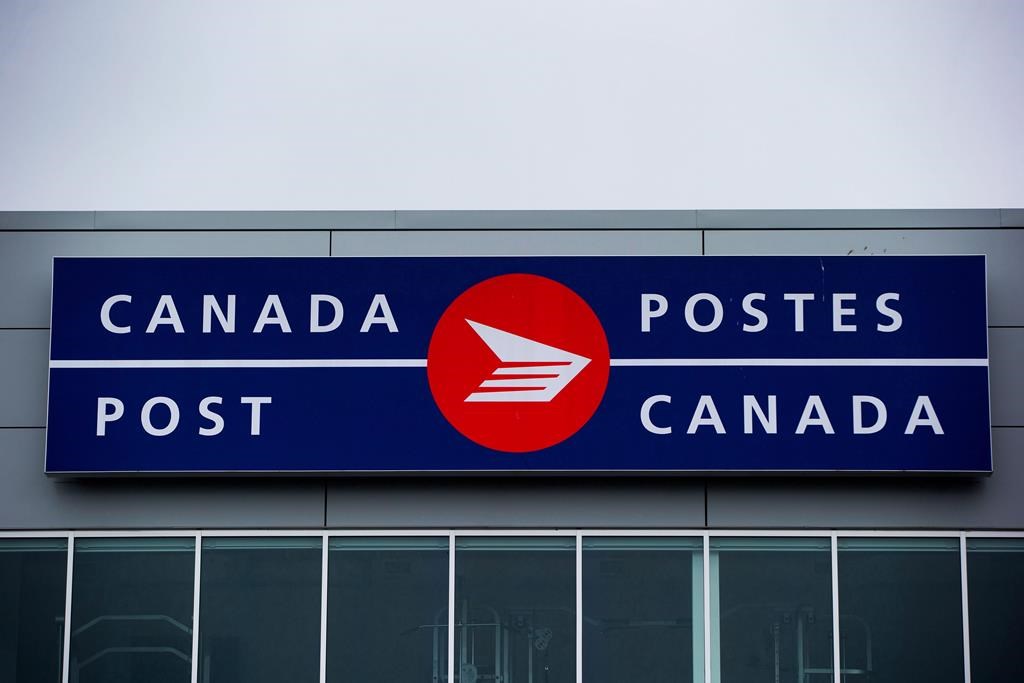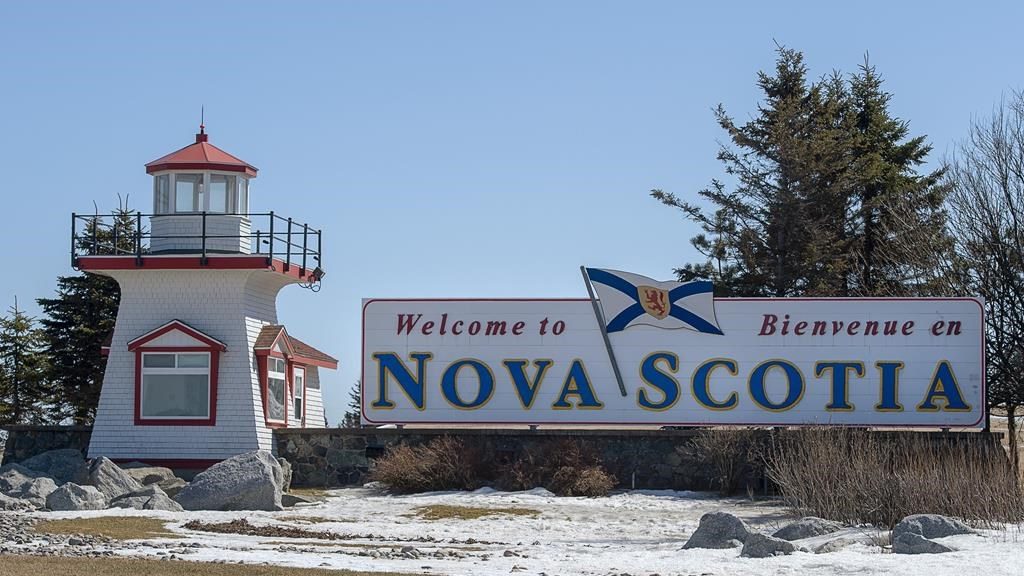Hidden city ticketing flight hack can save money, but it’s not without risk
Posted Jul 20, 2017 11:39:19 AM.
Last Updated Jul 20, 2017 12:00:12 PM.
This article is more than 5 years old.
TORONTO – When Kevin, a Toronto-based entrepreneur, travels to San Francisco for work, he often books a flight to Santa Ana, Calif., instead. Then he disembarks the plane during the stopover in San Francisco and skips the last leg of the flight to southern California.
Kevin — who didn’t want his last name used to avoid any repercussions from airlines — says the travel hack, often referred to as hidden city ticketing, has saved him thousands of dollars over the past two years.
He says he has found flights to Santa Ana that stop in San Francisco for as little as US$190, compared with US$450 for a regular flight to his destination.
“It is somewhat infuriating that if an airline can get you from point A to point B for hundreds of dollars less, it does seem unfair,” Kevin says.
Hidden city ticketing is not new, but its popularity has grown thanks to some travel websites that make it easier to find these sorts of flights.
But while the savings may be appealing, experts caution that the practice can be risky.
First off, the plane could be rerouted and not stop at the desired destination, leaving you scrambling to arrange another flight or mode of transportation.
Passengers using hidden city ticketing are also limited to carry-on luggage, as any checked bags will end up at the final destination, says personal finance and travel expert Barry Choi. And airlines will typically cancel return flights for those who are no-shows, he adds.
Choi says in some cases it may violate the contract between the airline and the passenger.
“Some of them state that you cannot purchase these types of tickets,” he says. “So if you do, buyer beware.”
According to Choi, it’s more common to find such deals when flying across the border or within the U.S. than within Canada.
The Canadian Transportation Agency says the federal government does not have a stance on hidden city ticketing as the matter is addressed in most airlines’ contracts with their passengers.
Air Canada says its terms and conditions require all segments of a trip to be flown as booked.
“Should a customer not take one of the flights, it is considered as a ‘no-show,’ and as per standard industry practice described in our tariff rules, the rest of the flights in the itinerary could be cancelled,” spokeswoman Angela Mah said in an email.
WestJet says it has no policy regarding hidden city ticketing because it is very rarely used on its flights.
“Due to how we price our fares, hidden city ticketing would be a very rare occurrence on WestJet as it would usually cost less to fly to A to B than from A, B, to C,” spokeswoman Lauren Stewart said in an email.
“We would, overall, discourage this as it can cause operational delays and disruption to the second leg of the journey should the guest choose to no-show after checking in.”
Russell Hannon, a budget travel expert, says he hasn’t heard of any instances where airlines have taken action against passengers for hidden city ticketing. But if it becomes a major issue for the companies they may do so in the future, he says.
Choi says it’s important to keep in mind that skipping a connecting flight can cause delays for other travellers, as the airline will usually try to ensure that all passengers are on board before taking off.
He also says the travel hack could end up hurting consumers in the long run. If airlines see their profits eroding, they will likely pass those costs on to customers in the form of higher ticket fees, he says.
“That means you may save $200 now, but when airlines realize those losses, they’re going to start charging more.”
Follow @alexposadzki on Twitter.










